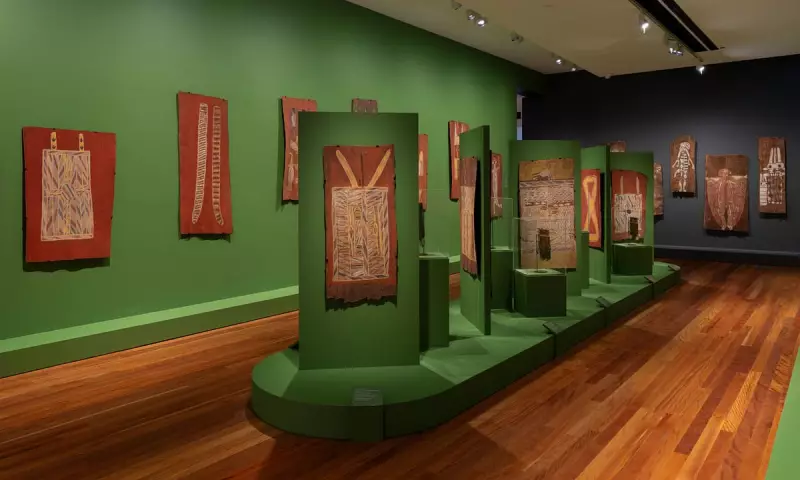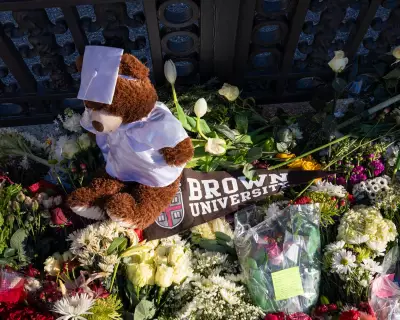
The University of Melbourne has reached a pivotal moment in its commitment to Indigenous inclusion, integrating Indigenous knowledge and perspectives across its academic programs. This landmark initiative reflects years of collaboration with Indigenous communities and represents a transformative shift in higher education.
A Historic Commitment
For decades, Indigenous voices were marginalised in academia. Now, the University of Melbourne is leading the charge in rectifying this imbalance. The institution has worked closely with Elders and Indigenous scholars to ensure authentic representation in courses spanning arts, science, law, and medicine.
Curriculum Transformation
The revised curriculum goes beyond token gestures, embedding Indigenous ways of knowing at its core. Students now engage with:
- Traditional ecological knowledge in environmental science
- Indigenous legal frameworks in jurisprudence
- First Nations health perspectives in medical training
Challenges and Triumphs
The journey hasn't been without obstacles. Early resistance from some faculty members and the complexity of decolonising established curricula posed significant challenges. However, through sustained dialogue and community partnerships, the university has created a model for genuine inclusion.
Measuring Impact
Early indicators show promising results:
- Increased Indigenous student enrolment
- Greater cross-cultural understanding among non-Indigenous students
- Stronger relationships with local Indigenous communities
As other institutions watch this pioneering effort, the University of Melbourne's experience offers valuable lessons in reconciliation through education.





